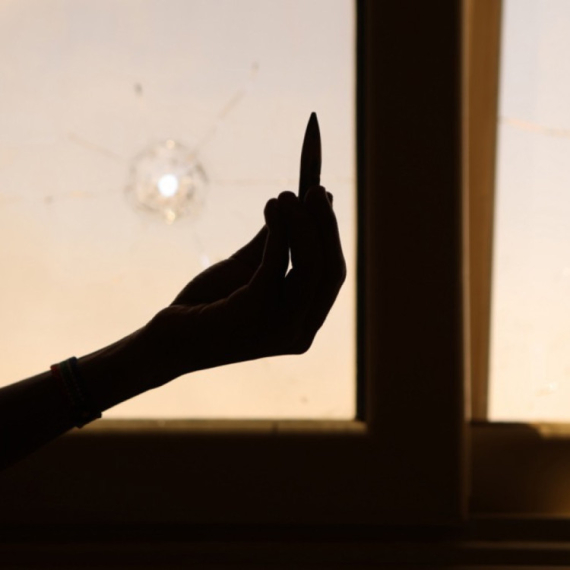Makeshift prison in Glavaš case demolished
A house in Osijek, where Serb civilians were taken to and killed during the war, has been demolished.
Tuesday, 15.01.2008.
10:13

A house in Osijek, where Serb civilians were taken to and killed during the war, has been demolished. The building in question had officially been registered as a crime scene. Makeshift prison in Glavas case demolished Although demolition of the house began almost two weeks ago, neither the state prosecution, nor the Zagreb District Court, before which the trial against MP Branimir Glavas is being conducted, knew anything of the matter, with an order to halt the demolition being issued only yesterday. Jaroslav Pecnik from the Croatian Helsinki Commission feels that the demolition once again raises questions over the whole case. “The state prosecution, according to our information, was meant to call for a reconstruction of events on those premises where the prison was, which would be in the interests of both the prosecution and defense, to shed light on the whole matter,” Pecnik said. “The act of demolition once again raises doubts over the whole case – was it done deliberately or accidentally,” he said. There is no indication as to who carried out the work at the scene itself. The house at 30 Dubrovacka Street had been owned by a Serb citizen until 1991, though Croatian media were unable to find out the identity of the current owner. The house reputedly served as a prison where, in 1991, members of a Croatian paramilitary unit brought Serb civilians, tied their hands with sellotape, before taking them away to the banks of the Drava river to liquidate them.
Makeshift prison in Glavaš case demolished
Although demolition of the house began almost two weeks ago, neither the state prosecution, nor the Zagreb District Court, before which the trial against MP Branimir Glavaš is being conducted, knew anything of the matter, with an order to halt the demolition being issued only yesterday.Jaroslav Pecnik from the Croatian Helsinki Commission feels that the demolition once again raises questions over the whole case.
“The state prosecution, according to our information, was meant to call for a reconstruction of events on those premises where the prison was, which would be in the interests of both the prosecution and defense, to shed light on the whole matter,” Pecnik said.
“The act of demolition once again raises doubts over the whole case – was it done deliberately or accidentally,” he said. There is no indication as to who carried out the work at the scene itself.
The house at 30 Dubrovačka Street had been owned by a Serb citizen until 1991, though Croatian media were unable to find out the identity of the current owner.
The house reputedly served as a prison where, in 1991, members of a Croatian paramilitary unit brought Serb civilians, tied their hands with sellotape, before taking them away to the banks of the Drava river to liquidate them.












































Komentari 2
Pogledaj komentare